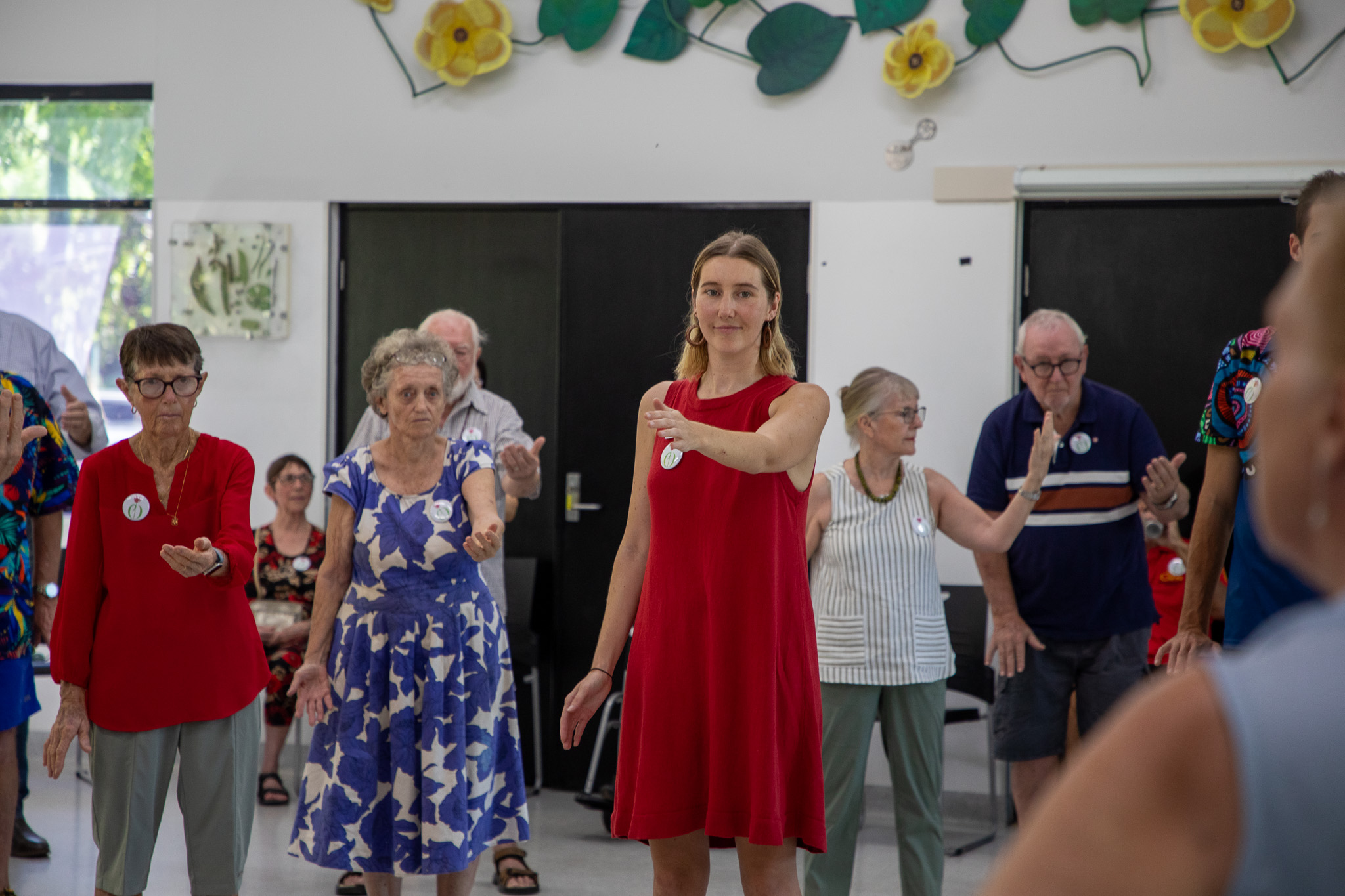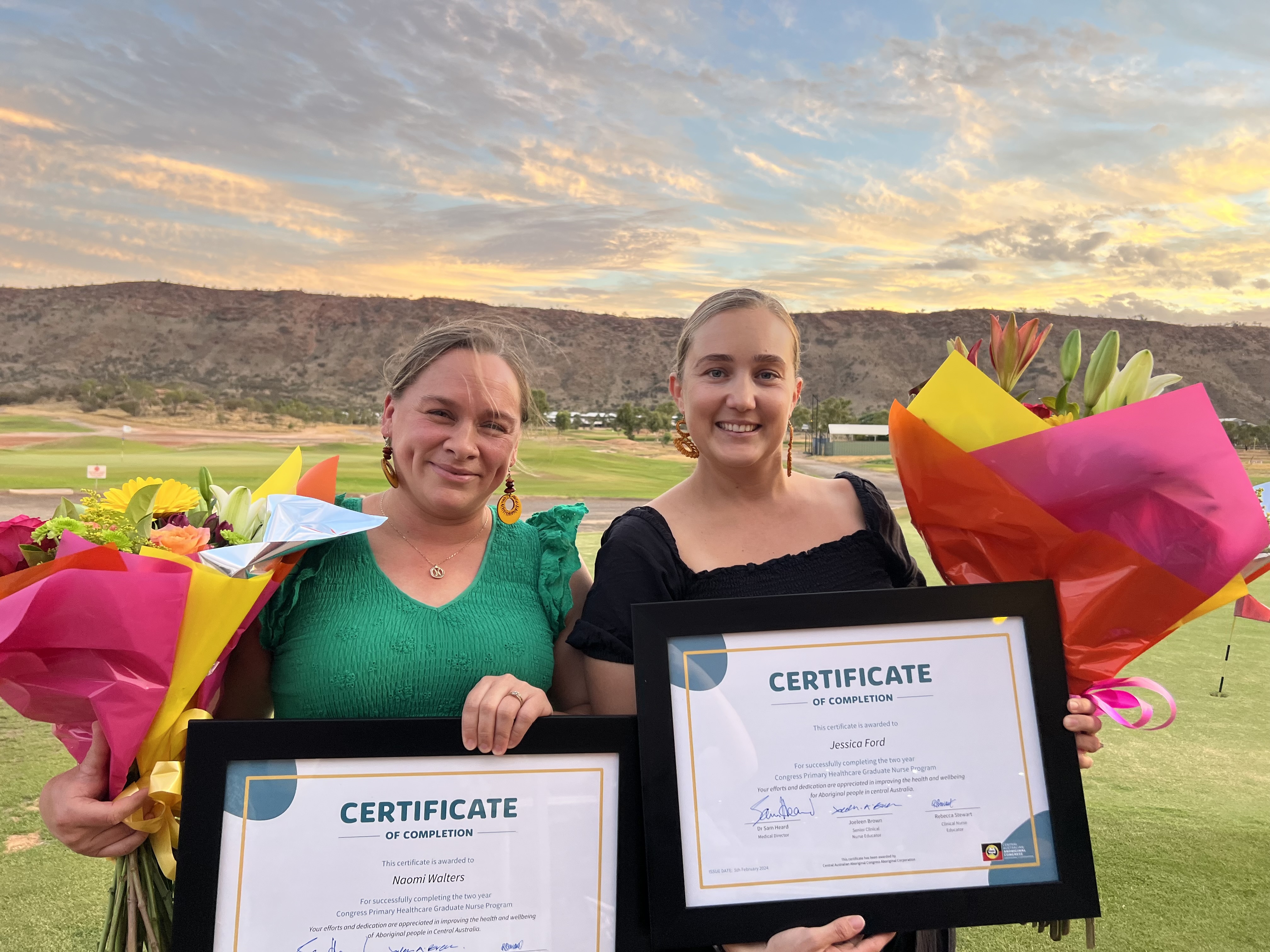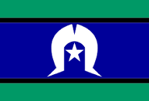A suite of new suicide prevention initiatives will be delivered in remote communities across the Northern Territory with a focus on employing local people.
Four new suicide prevention programs will share $1.26 million in funding as part of the Northern Territory PHN Targeted Regional Initiatives for Suicide Prevention (TRISP) program, which aligns with ‘Keeping Everyone Safe‘, the NT’s suicide prevention implementation strategy for 2023-2028.
The TRISP program aims to address the unique risk factors for suicide in regional and remote areas of the NT and focuses on community-based approaches.

NT PHN’s Suicide Prevention Lead, Simon Casey, said the program will employ locals in support roles.
“As part of the program, these new initiatives will build a local workforce of support workers, which not only helps provide meaningful employment for Aboriginal people, but also allows organisations to have a deeper understanding of the community’s needs,” he said.
“Around 3,000 Australians die by suicide each year, with the rate for Aboriginal and Torres Strait Islander peoples being twice that of non-Indigenous Australians. Our remote communities face many challenges in accessing essential services, placing them at even higher risk.
To combat this, TRISP will prioritise initiatives that cater to the needs of priority populations in each region, ensuring culturally sensitive and practical suicide prevention activities.”
The 4 organisations that have received funding under TRISP are:

Barkly region: Canteen Creek Owairtilla Aboriginal Organisation
Canteen Creek will develop and establish an after-hours youth engagement and diversion program that provides suicide prevention activities, including connection to country and camping activities. The organisation will recruit a team leader and youth work assistants, and engage with local Aboriginal Elders.
East Arnhem region: Aboriginal Resource and Development Services (ARDS) Aboriginal Corporation
ARDS has developed a very different approach to existing service models and will establish and deliver the Bäki Mel-yalŋgi (Sympathetic – Considerate – Helpful Approach) Family Program which is a culturally sensitive and family-centred initiative aimed at proactively addressing suicide risk factors within Yolŋu communities using a family-led approach, supporting approximately 10 Yolŋu family groups.
The organisation will recruit and employ up to 6 Yolŋu staff as cross-cultural facilitators and community workers, providing support and training.
Barkly region: Alekarenge Horticulture Pty Ltd
The Alekarenge Horticulture Pty Ltd Work Experience Pilot Project (WEPP), in partnership with Centrefarm Aboriginal Horticulture, will trial a tailor-made approach to job services to assist Aboriginal people in remote areas to engage in commercial projects on their land trust estates.
The activity will provide mentoring and supervision, in a culturally appropriate way, for young people to engage and motivate them to attend the WEPP as an adjunct to formal secondary education, offering on-the-job training in various farming activities to gain Certificates 1 and 2 in Agriculture. The organisation will recruit and employ a local mentor/supervisor.
West Arnhem region: Mimal Land Management Aboriginal Corporation
Collaborating with Sunrise Health Service and Aboriginal Medical Services Alliance Northern Territory (AMSANT), Mimal Land Management will develop and establish a strengths-based, community-led capacity-building initiative on suicide prevention. This initiative will involve a community mapping exercise, resilience assessment, community action implementation, and engagement in AMSANT’s Suicide Story training workshops.
The organisation will recruit and employ an external consultant and local cultural facilitators.






